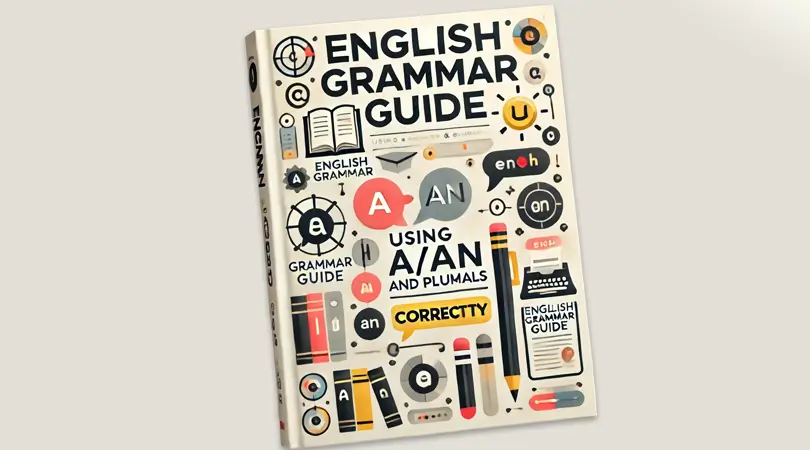A/an, plurals – singular and plural forms
- Home ›
- Grammar ›
- A1 Elementary ›
- A/an, plurals – singular...




Choose a/an for the following words.
Write the plurals of the following singular words.
Write a/an before the singular words and write the plural forms.
Choose the correct article (a/an) and determine if the noun should be singular or plural.

- 13 November, 2024
- 733
- Grammar
- A1 Elementary
A/an, plurals – singular and plural forms
Understanding A and An in English
In English, a and an are used before singular nouns to indicate "one" of something, but the choice between them depends on the sound that begins the next word.
- Use a before words that start with a consonant sound:
- a table
- a book
- a car
- Use an before words that start with a vowel sound (a, e, i, o, u):
- an orange
- an apple
- an elephant
Special Rules
- Words that start with silent "h" get an:
- an hour
- an honor
- But when the "h" is pronounced, use a:
- a hat
- a hotel
- For words beginning with "u" that sound like "you," use a:
- a university
- a uniform
Plurals in English
When we talk about more than one of something, we use plural nouns. But remember:
Do not use "a" or "an" with plural nouns.
- Correct: These are tables.
- Incorrect: These are a tables.
Regular Plurals
Most English nouns become plural by simply adding -s. However, some need -es, -ies, or -ves:
- Books (add -s)
- Watches (add -es)
- Berries (change -y to -ies)
- Wolves (change -f to -ves)
Irregular Plurals
English has many irregular plurals that don't follow the usual rules. For these, the entire word might change:
- Child becomes children.
- Mouse becomes mice.
This explanation provides clarity on when to use a and an, along with the basics of forming plurals in English.
Unfortunately, we currently do not have teaching materials available on this topic. We are working with all our efforts to prepare it. You can subscribe to Verbooze to be notified once the teaching materials are ready.




English Learning Made Easy & Accessible for Everyone
Boost your English skills with interactive lessons, grammar explanations, reading and listening exercises, and real-time feedback. Join our growing community and start improving today — all completely free!

